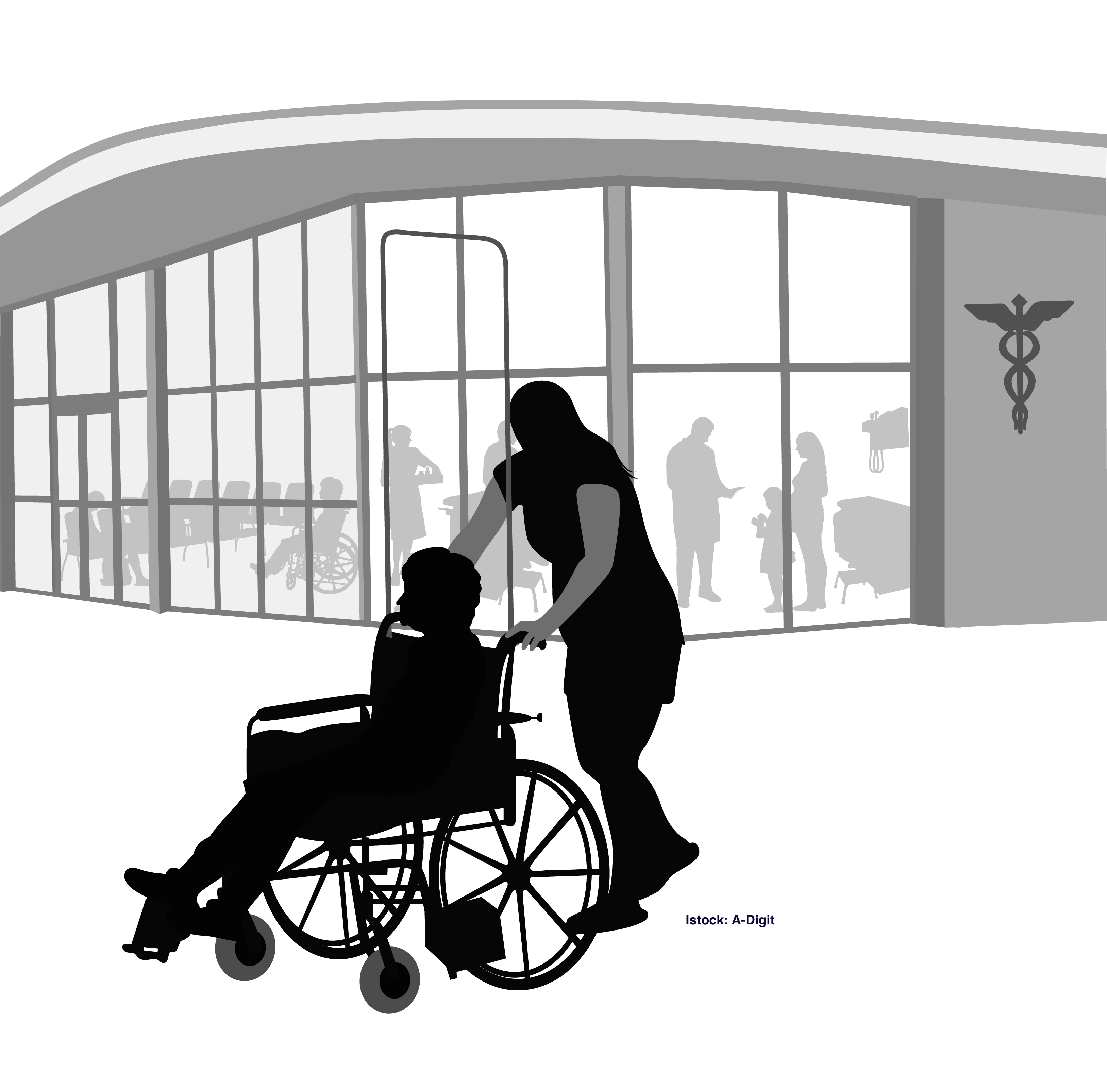AARP Hearing Center

Usually when we look for a volunteer opportunity, we are motivated to help others in need. When I volunteered to be a long-term care ombudsman, it turned into a life changing experience. I have changed the lives of dozens of people, all for the better, improved my ability and confidence to stand up for others and, because of my expanded knowledge and experience, made life better for family and friends when they needed long-term care. The long-term care ombudsman program has been a jackpot bingo for me.
My work experience was as a human resource manager in high tech companies. My only visit to a nursing home had been years ago to visit my grandmother. Her nursing home smelled like urine, which is rare now, and there was a woman in one of the rooms calling, “Help me,” but no one did. Picturing myself making a difference in such a foreign environment was a giant leap of faith. My first assignment was to an assisted living I visited for a few hours most weeks. One man told me stories about working on the Panama Canal: mosquitoes, workers from around the world and unrelenting heat. Another resident told me his son wouldn’t give him any of his own money for spending. The son said he didn’t want his father to drink. My supervisor and I met with Adult Protective Services to clarify that it was the resident’s right to have his money and do as he pleased with it. And then there was the woman who founded training for new Peace Corps volunteers. I was hooked. These people were fascinating.
My first nursing home case was a daughter whose mother was a resident of a nursing home. Her mother’s care was paid for by Medicaid and when she died, the facility said the mother had had no money in her Medicaid spending account. The daughter knew that was not true. Her mom was frugal and knew there would be final expenses. Together, the daughter and staff pooled their knowledge of what the mother spent in her last year and determined a fair amount to give to the daughter. Initially I was fearful that I could not handle this case because I didn’t know much about Medicaid funding, only that recipients in nursing homes had spending accounts. I learned that by asking questions and listening I was able to learn quite a bit
Recently I visited with a woman in an adult care home. She told me she was bed bound and left her bed only when the paramedics transferred her to a stretcher to take her to the hospital. As we spoke I watched bugs crawl across her body. A look around her room revealed more bugs under the bed and in the corners of the room. When I discussed this with the facility operator, my outrage was barely discernible behind my polite words. When I returned a few days later, the room was empty and clean. The resident had died. I’d hoped she’d had a few bug-free days. There is a lot of work to be done in our long-term care facilities.
Oregon’s Long-term Care Ombudsmen will be offering certification training on June 6, 7, 13, 14 and 28, in the Portland Metro. Approved applicants must attend all five days to become certified. Certified ombudsmen are assigned to visit facilities (nursing home, assisted living, residential or memory care) near their homes. Ombudsmen give about 16 hours per month, attend a meeting with their Deputy Ombudsman for ongoing training and support, and sets their own schedule.
Learn more at www.oregon.gov/LTCO or contact Lene Garrett at 503-378-6303, lene.garrett@oregon.gov .
Ms. Johnson is a certified volunteer ombudsman.































































